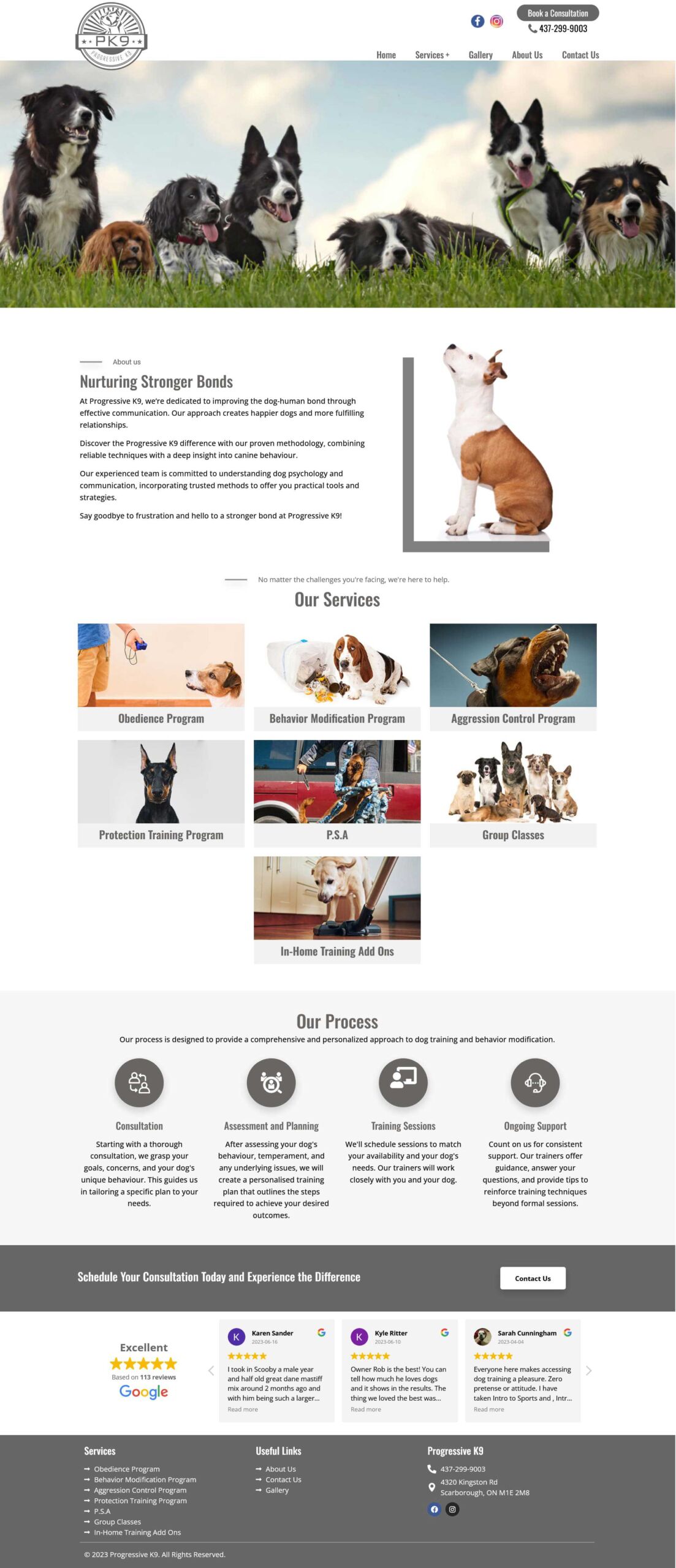If you are putting effort and money into SEO, you need to see whether it works. Google Analytics is one of the finest tools to check your SEO success. It will show you detailed information on how users find and engage with your website.
We discuss how you can track the performance of your website on Google Analytics, helping you to respond and improve using it with SEO & Organic growth in mind.

Why SEO Tracking Matters
SEO is a long-term game. If you are not tracking, you are simply going in blind. Why should you monitor your SEO performance?
- Know which pages receive the most traffic
- Check out which keywords and sources are giving you some love
- Measure user engagement and behavior
- Identify underperforming pages or content
Setting Up Google Analytics for SEO Tracking
Before you start dissecting the numbers, make sure that your Google Analytics account is set up right:
- GA4(Google Analytics 4) settings through Google Tag Manager or CMS plugin.
- Connect Google Search Console to GA4 for improved search data and more.
- Helping you track leads from organic search traffic, or free trials or purchases through conversion tracking.
Key SEO Metrics to Track in Google Analytics
In a separate post, we discuss the most important SEO metrics and reports that you should be monitoring regularly.
1. Organic Traffic
Step 1: Navigate to Reports > Acquisition > Traffic Acquisition and filter by “Session Default Channel Group” = Organic Search.
This lets you know the percentage of all traffic that comes from search engines.
2. Top Landing Pages
Take note of the most visited pages in this way.
Go to Reports > Engagement > Landing Page (Organic traffic filter)
This helps you identify:
- What does well in search pages
- Which types of content are most appealing to users
3. User Behavior Metrics
Review metrics like:
- Average engagement time
- Bounce rate
- Pages per session
These reflect the way users are behaving on your website, the extent to which your content fulfills their intent.
4. Conversion Rate from Organic Traffic
Track organic users who complete your brand goals or run specific campaigns and set up form submissions, sales, etc.
Go to → Reports → Conversions and set the filter on Organic Search.
5. Device & Location Insights
Know the origin and device of your organic visitors.
Look at User > Tech and User > Demographics
This makes sense for your mobile SEO and local content strategy.
Integrating Google Search Console for Deeper Insights
Once set up, you can generate powerful reports like:
- Top Search Queries: The keywords that drive clicks.
- Impressions and Clicks: visibility versus actual engagement
- Average Position: Position your pages are ranking on the 1st and/or 2nd search results page on Google.
- Click-Through Rate (CTR): The frequency with which individuals click on your listings
You can get those reports directly in GA4 (in Acquisition > Search Console) or through the Search Console interface.
Use Custom Reports and Dashboards
Real-time Dashboards for Your Important SEO KPIs Include widgets for:
- Organic traffic trends
- Top landing pages
- Goal conversions from search
- Bounce rate by page
This is a time-saving measure and ensures that you never miss a single data.
Final Tips for Better SEO Tracking
- Keep a close watch – Conduct monthly spot checks of the business for trends.
- Check YoY or MoM data for growth.
- In campaigns, make sure you are using UTM parameters to differentiate organic, paid, or referral traffic.
- Aggregate insights from GA4 + Google Search Console + SEMrush/Ahrefs
Conclusion
Google Analytics is invaluable for tracking your website’s SEO performance. Through the proper configuration and daily review, you will identify what works and what does not.
Need help with SEO data setup, optimization, or an audit? PushFire is here to help. Contact us to learn from our experienced analysts across the board, from analytics to SEO.













